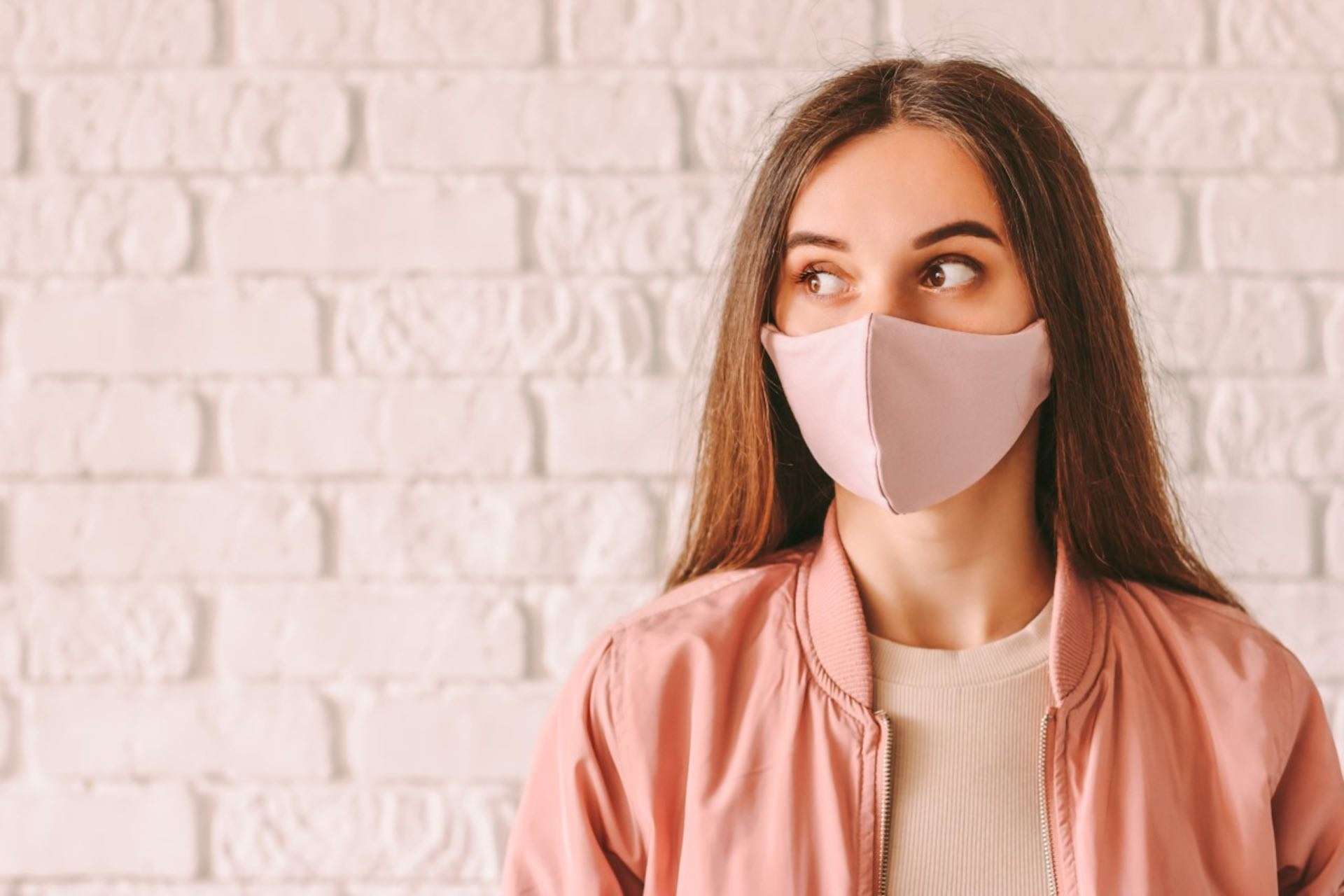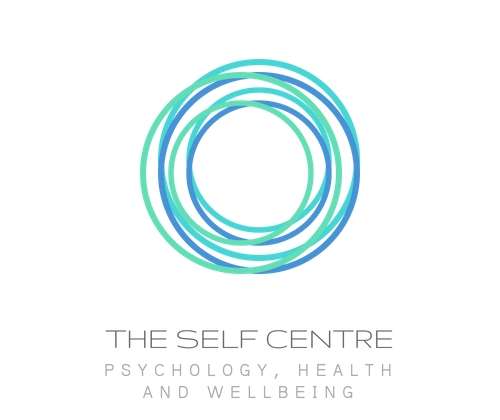
Dropping the Routine of Lockdown
by Carey Little Clinical Psychologist – The Self Centre
Have you noticed, the return to school and work from the recent Covid lockdown has been different to the first? What has surprised many, is how tiring the return to school and work has been for everyone. It seems obvious, but after 106 days – yes, that’s nearly four months – we seem to have forgotten that we are changing our routines; – again! It is well recognised that routines help humans thrive. Routines create order and allow cognitive space and energy to engage in non-routine activities that in turn create a burst of joy and energy. It is why we quickly adopt them, even when under significant pressure or in strange and trying circumstances. Survival in the most trying of situations has often been found attributable in part to the establishment of a routine; the creation of something familiar in an unfamiliar or hard place or time. Research tells us that we can form a new habit in around 66 days. Activities we enjoy or find easy – sleeping in a little longer, another glass of wine, a chocolate with lunch and putting off the daily walk – can, not surprisingly, take as little as 18 days to create as a new habit or routine. Of course, sometimes a routine can become reductionist; ever have that feeling that you are “happy”, but life is in a bit of a rut? That is when a change or new activity needs to be added. Nothing spectacular, perhaps simply changing the route to work, walking an extra stop before taking the bus, ordering something new for lunch or at your favourite restaurant, watching a movie from a different genre or in another language can all refresh the brain (some research even suggesting these simple things can equal a weekend away!). Lockdown was perhaps even a little like retirement; an opportunity to slow down and put balance into life. Retirement studies show a drop in stress with the removal of work pressure, but more importantly the stress reduces because there is an increase in personal quiet time, more sleep, and more engagement in pleasant and physical activities. These are all shown to be great for mental health as well. Studies show that most people got more sleep through lockdown. Not having to travel to work, not going out, not having to run around on errands, many people went to bed and got the hours of sleep they need and often miss out on. Unfortunately, sleep routines might also have included daytime naps; disruptive to circadian rhythms at the best of times, they interrupt a proper night of sleep and are hard to shake. Not being able to go to bed in the day or to get to bed as early, is now, with lockdown over, literally tiring us out. More, changing a significant routine, such as sleep, is tiring because the brain must “think”, rewire, and resist old habits. When we are trying to change an unwanted behaviour into something that is hard to do – like get up early or exercise more – this can take a lot of willpower. In lots of ways this is what most people are now facing with the removal of the boundaries of lockdown. No more rolling out of bed into comfy clothes that are largely unseen, even on a zoom meeting; no more post prandial naps, no more extra chocolate biscuits at morning tea, no excuse to avoid exercise and time to reduce smoking, alcohol and other sensation seeking habits. It is not only the dropping of some of these “pleasures”, but the adoption of the harder disciplined habits that are making many people feel sluggish and tired. So, what can we do? Firstly, let’s be kind to ourselves and reintroduce some of the harder disciplines as gently as possible. Let’s also keep some of the great new habits that data show many people formed; getting outside for lunch or a lunch time walk, making time to give the dog more than one walk a day, reading more and watching more movies, keeping work boundaries by closing the laptop and not looking at email except in work hours. Reconnect with friends and keep that full night of sleep. Exercise and eat well to keep stress levels down and remember that any time from 18 days post lockdown, it will all feel “normal” again. Still feel out of sorts? Not coping or feeling stressed? Struggling with sleep or mood? Contact The Self Centre for support from one of the team of psychologists. References Clotworthy, A., Dissing, A. S., Nguyen, T.-L., Jensen, A. K., Andersen, T. O., et al (2021). ‘Standing together – at a distance’: Documenting changes in mental-health indicators in Denmark during the COVID-19 pandemic. Scandinavian Journal of Public Health, 49(1), 79–87. https://doi.org/10.1177/1403494820956445 Lally, P., van Jaarsveld, C.H.M., Potts, H.W.W. and Wardle, J. (2010), How are habits formed: Modelling habit formation in the real world. Eur. J. Soc. Psychol., 40: 998-1009. https://doi.org/10.1002/ejsp.674 Kiltie, J. T., Satchell, L., Childs, M., Daniels, M., Gould, C. S., Sparrow, K., … Husted, M. (2021, February 11). The effect of change in routine on student mental wellbeing during a nationwide lockdown. https://doi.org/10.31234/osf.io/suwnp Olds T, Burton NW, Sprod J, Maher C, Ferrar K, Brown WJ, et al. (2018) One day you’ll wake up and won’t have to go to work: The impact of changes in time use on mental health following retirement. PLoS ONE 13(6): e0199605. https://doi.org/10.1371/journal.pone.0199605 Orsillo, S. M., & Roemer, L., (2016) Worry less, Live more; The mindful way through anxiety workbook. Guildford Press, New York. ISBN 978146252454